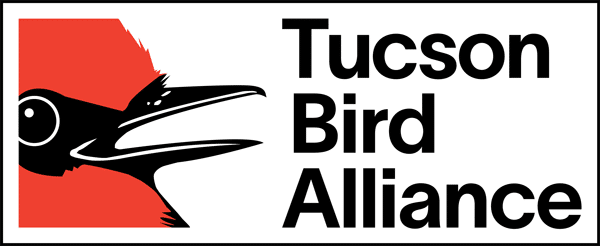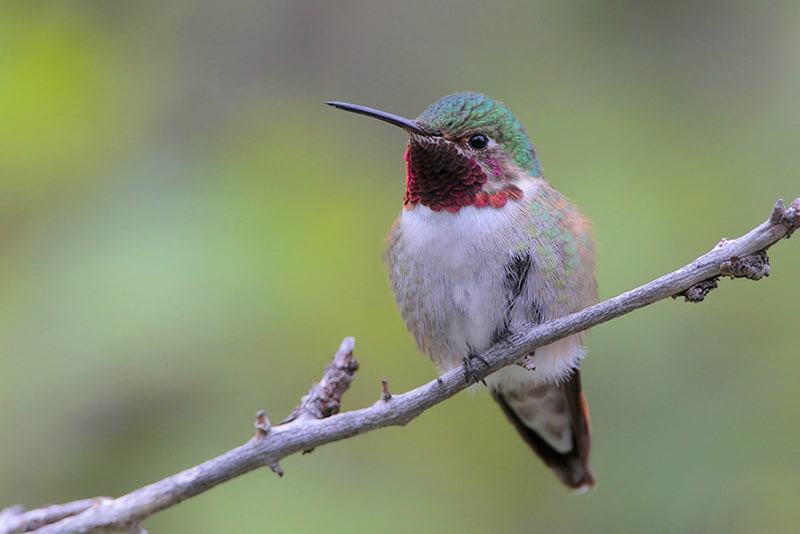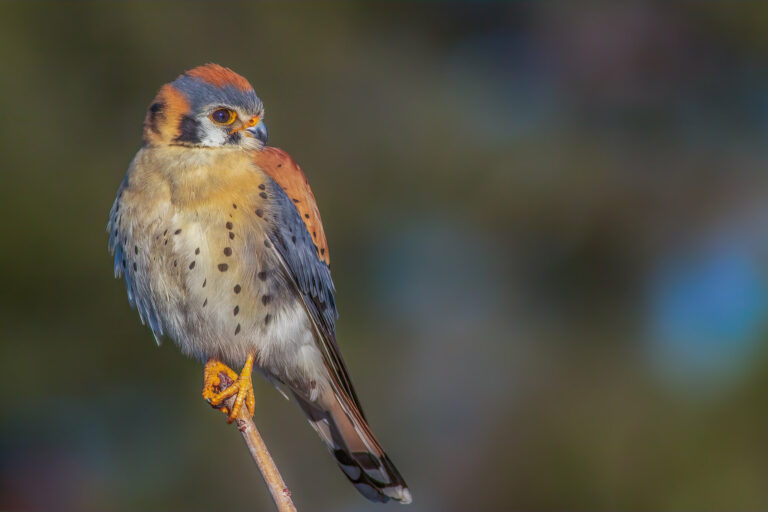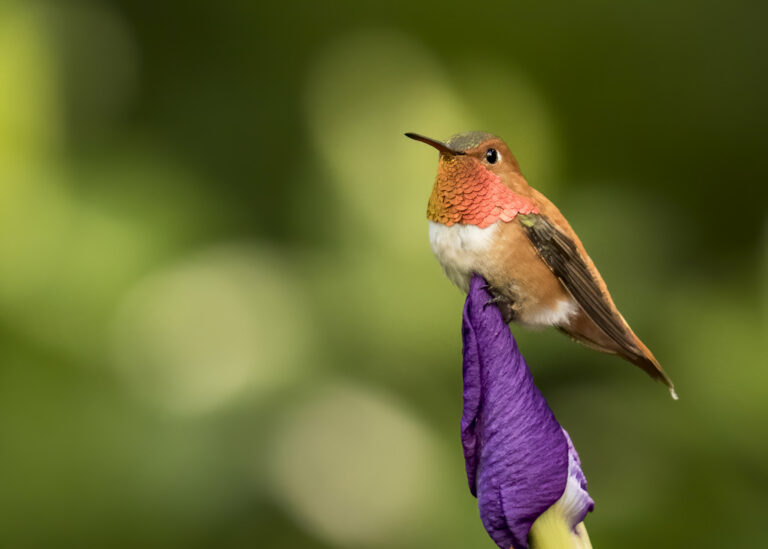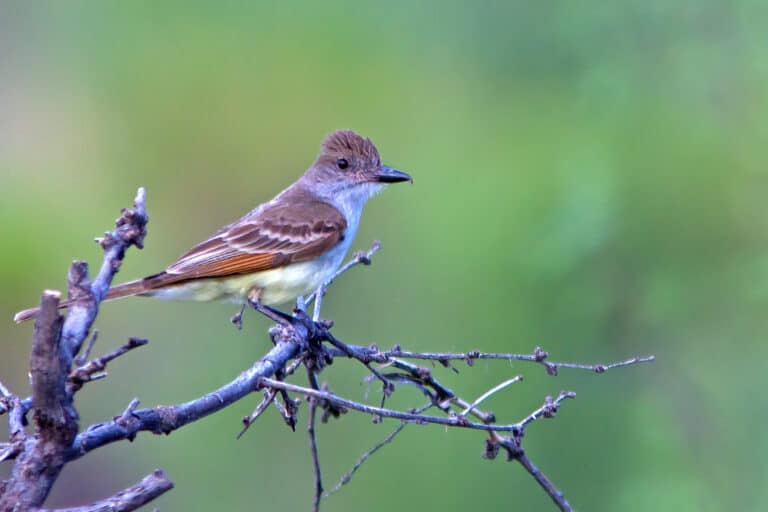I spent some time recently exploring the Rocky Mountains of Colorado and New Mexico, a lot of it by bicycle. An almost constant companion was the Broad-tailed Hummingbird, a truly high-mountain species that breeds at elevations up to 10,500 feet. And even though I didn’t actually see many of them, it was easy to hear them flying through the forest and meadows. Male Broad-tailed Hummingbirds make a loud cricket-like trill with their wingtips as they fly that is also used in territorial defense and courtship displays—a series of high climbs, dives, and hovers. As the feathers wear, the trill is softened, until it is completely inaudible by mid-winter.
Populations in Mexico are year-round residents, but Broad-tailed Hummingbirds in the US spend only a few short months in the southern and central Rocky Mountains, eastern California, and mountains of the Southwest to take advantage of the brief flowering season at high altitudes. Temperature is also a major factor in these areas as nights can be freezing even in the middle of summer. To deal with this they can slow their heart rate and drop their body temperature, entering a state of torpor, the females huddled in a very well-insulated nest. Not attached to a nest, males can find warmer microclimates or head upslope of the coldest temperatures, reducing the energy costs of thermoregulation by about 15%.
Although these hummingbirds mainly feed on flower nectar, they often pick small insects out of the air, a handy high-protein food source when raising chicks. They also use sap as a nectar substitute, visiting sapwells created by Red-naped Sapsuckers.
You don’t have to travel all the way to the Rockies to find Broad-tailed Hummingbirds. A great spot is the feeders at the Palisades visitor center on Mt. Lemmon. Also try high up in the Chiricahua Mountains or another Sky Island range and listen for that trill!
Image by Greg Lavaty
